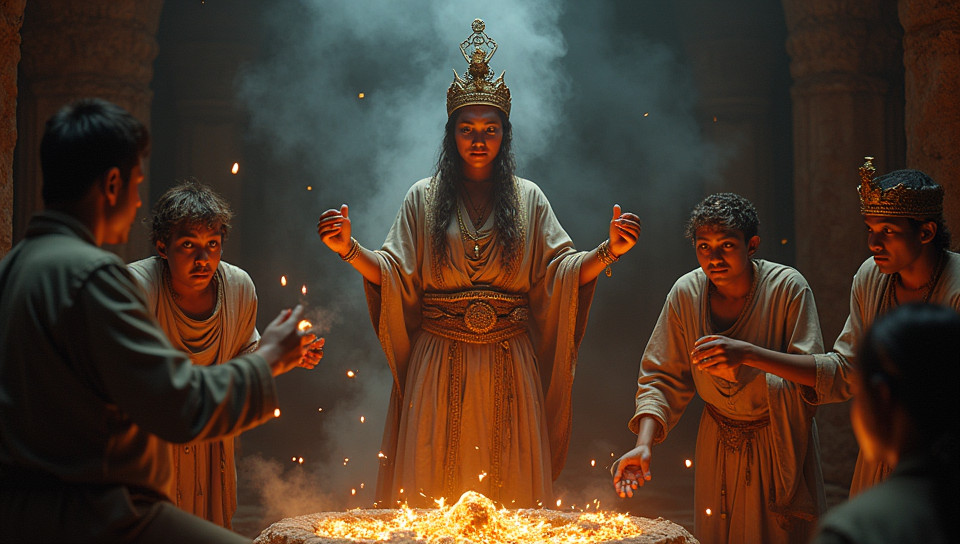Cultures view magical objects as superstition 94%

Beyond Superstition: Unpacking the Cultural Significance of Magical Objects
As we navigate our daily lives, it's easy to overlook the intricate web of cultural narratives that shape our perceptions of the world around us. In many societies, magical objects are often dismissed as mere superstitions, relegated to the realm of fantasy and myth. However, these seemingly trivial items hold profound significance in the cultures that create and revere them.
The Power of Symbolism
Magical objects serve as vessels for cultural symbolism, distilling complex values, beliefs, and experiences into tangible artifacts. They often embody the hopes, fears, and aspirations of a community, transcending their physical forms to become potent symbols of identity and meaning. For example, in many African cultures, masks are not just decorative items but also repositories of ancestral wisdom and spiritual power.
The Role of Context
The interpretation of magical objects is deeply tied to cultural context. What may be seen as a mere trinket or talisman in one culture can hold sacred significance in another. In Japanese Shintoism, for instance, amulets called "omamori" are believed to offer protection and good fortune, while in some Western societies, they might be viewed as novelties or superstitions.
The Dangers of Cultural Reduction
Reducing magical objects to mere superstition neglects the rich cultural heritage and historical significance they represent. This oversimplification can lead to a loss of understanding and appreciation for the complex systems of meaning that underlie these artifacts. By dismissing magical objects as superstitions, we risk erasing the stories, traditions, and values that have been passed down through generations.
- Here are some examples of magical objects from around the world:
- The Nazar in Turkish culture, believed to ward off evil eyes
- The Maneki-Neko in Japanese culture, a beckoning cat figurine said to bring good fortune
- The Dreamcatcher in Native American culture, a web-like object believed to filter out bad dreams
Conclusion
Magical objects are not simply superstitions; they are windows into the cultures that create and revere them. By acknowledging their cultural significance and symbolic power, we can gain a deeper understanding of the world around us and the complex narratives that shape our experiences. It's time to move beyond the reduction of magical objects to mere superstition and instead approach them with nuance, respect, and an open mind.
- Created by: Veronika Lysenko
- Created at: Jan. 7, 2025, 4:38 p.m.
- ID: 17467







